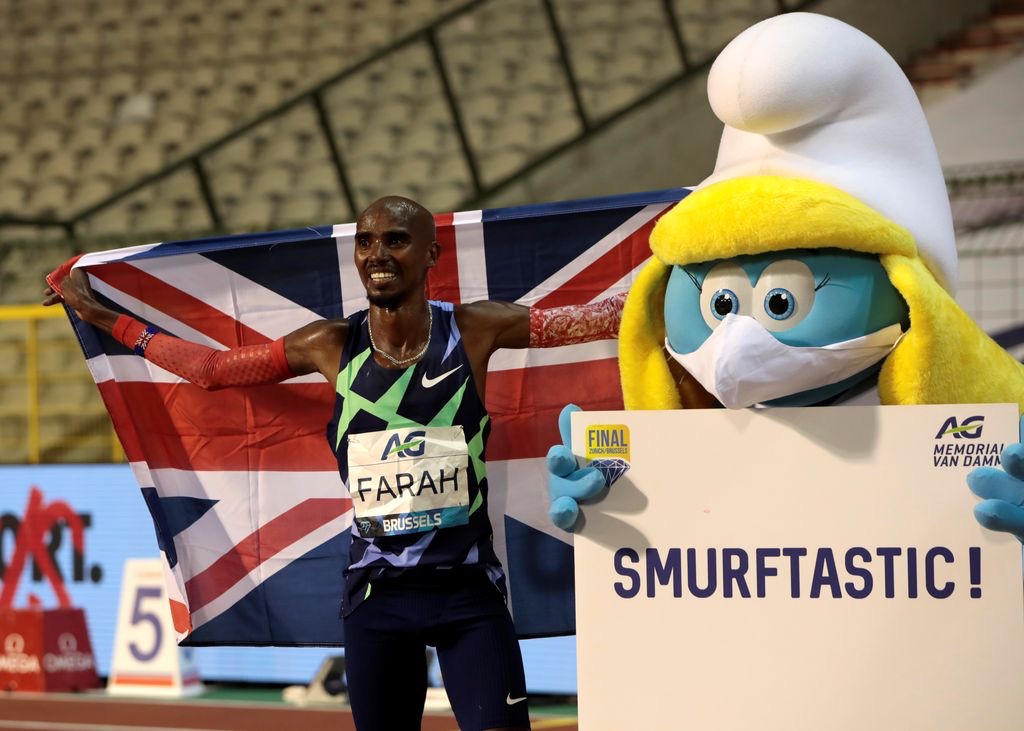
Athlete drug testing during COVID-19
![]() : Guardian : Dr Aldeam Facey : 06.09.2020
: Guardian : Dr Aldeam Facey : 06.09.2020
Athlete drug testing is based on several objective parameters that ensure there is a reasonable, non-subjective rationale for each doping control test. These objective parameters include, but are not limited to, financial gains, the association of doping violations with a sport or athlete, athlete popularity or intelligence received. Athletes associated with sport where the financial gain is minimal, athletes who are not well known, or a sport with very little association with doping violations will attract less doping control testing.
Effect of the Pandemic
The current situation has caused a reduction in training and competition activities in sport. There are currently little prospects of financial gains for athletes and the risk of COVID-19 infection associated with doping control testing is high. Both doping control personnel and athletes are at risk of infection which may lead to a cascade of legal implication. At this time, anti-doping organisations must consider the risk versus the rationale for testing each athlete. So far, this has been taken into consideration and under the instructions of the World Anti-Doping Agency (WADA), anti-doping organisations have decreased or ceased drug testing.
Does This Mean Free to Cheat Season?
It is, however, important to consider that given the anticipation of the resumption of competition, athletes may now be more compelled to try alternate methods of getting back to peak performance.
Robert Goldman has demonstrated the extent athletes would go to gain a competitive advantage.
He reported that approximately 50 per cent of elite athletes, when asked, said they would take drugs if it would guarantee wins, even if that drug would kill them in five years.
One should never assume the guilt or innocence of any athlete. But how do we, during COVID-19, objectively confirm?
Amendments to the sample collection procedures to limit the degree of physical contact between sample collectors and athletes is certainly warranted.
What's New?
WADA has released an anti-doping organisation policy guidance for the resumption of testing during COVID-19. The guidance takes into consideration the restrictions in force in each individual country.
The resumption of testing should take into consideration the availability of personal protective equipment, the resumption of competition and the status of the lab that tests the samples. Given the limited number of competitions across the world, anti-doping organisations should focus on out of competition testing at the athlete's preferred location (usually home or training camp). The new guidelines also recommend limiting the number of doping control personnel. Occasionally, an athlete's urine and blood sample are collected. This requires the presence of additional personnel - blood collection officers. By collecting urine samples only, for now, the number of doping control personnel may be limited. If blood sample is to be collected, it must be justified by intelligence or limited to sport with a high risk of doping such as high endurance events (cycling, marathon etc).
At this point, only 'high-risk athletes' should be tested. Determination of who is a 'high-risk athlete' involves the sport, their inclusion in the registered testing pool, and, of course, intelligence. Once the decision is made to test an athlete, doping control personnel must be provided personal protective equipment such as gloves face mask and disinfectants/sanitisers. Except for face masks, these are usually used. Officials must also ensure that where possible, they maintain a minimum physical distance of one meter. When observing the collection of urine or blood samples, exceptions must be made.
Sample collection personnel must be retrained to ensure the new guidelines are adhered to during the collection of biological samples. Considerations must also be made regarding the officials who are engaged to collect samples.
Officials who are health care professionals, contacts of COVID-19 patients, display symptoms, have underlying medical conditions, or those over 60 years of age are at-risk groups and, as such, as far as possible, should not be used to collect samples.
Finally, an education programme must be developed to keep the public and especially the athletes up to date regarding all changes while the anti-doping organisations slowly phase into normal doping control testing.
Before collecting samples, anti-doping organisations should ensure athletes complete a COVID-19 questionnaire and receive a COVID-19 information letter, both of which have been developed by WADA and can easily be adopted by national anti-doping organisations.
It is expected that these new guidelines will possibly be needed for years to come and should be accepted as the new normal for drug testing.
While we understand the significance of drug testing, even during this period, we must acknowledge that the health of the athletes and sample collection personnel is top priority.
Dr Aldeam Facey can be reached at Aldeam.Facey02@uwimona.edu.jm

